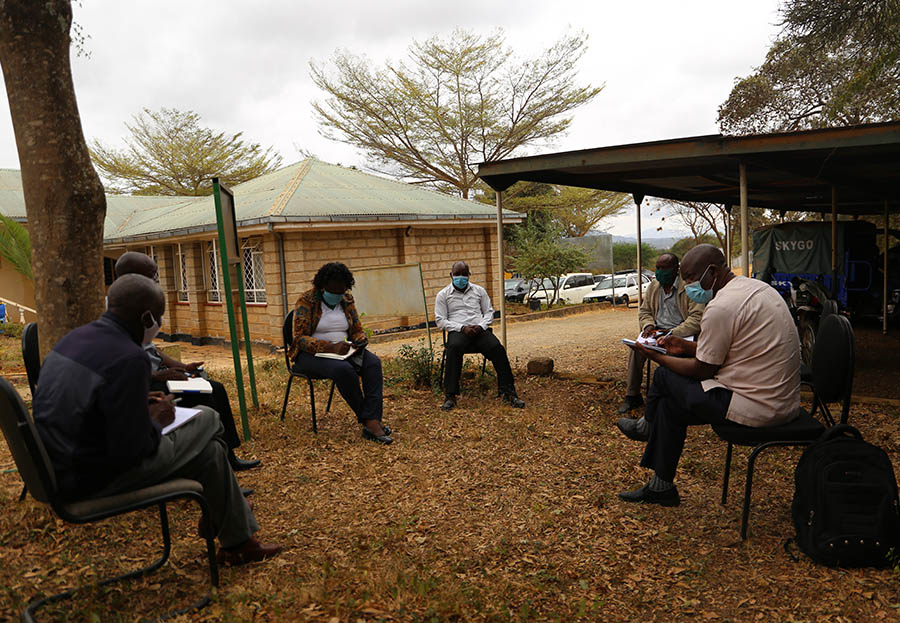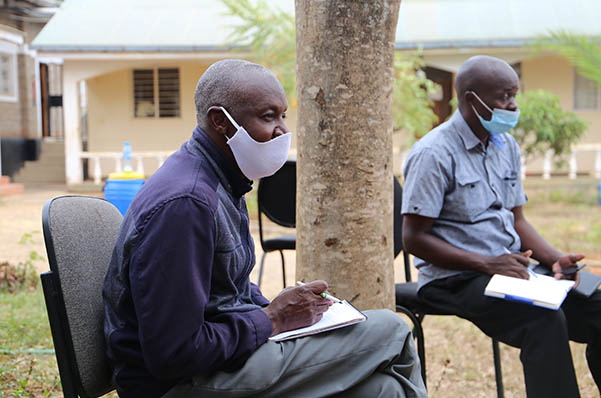The Utafti Sera house on Youth Employment in Agriculture and Agro-processing in Kenya was inaugurated on December 2017 in Nairobi, Kenya. The House is hosted by the Centre for African Bio-Entrepreneurship (CABE). It seeks to use research evidence to enhance policy processes and outcomes on youth employment in the agriculture and agro-processing sectors. Its membership include policy makers in the national and devolved governments, policy makers in the ministries working with youth (Ministry of Agriculture, Fisheries and Livestock Development, training and vocational education institutions) development partners, donors, Non-Governmental Organizations, academic institutions, the private sector and youth farmers and innovators.



